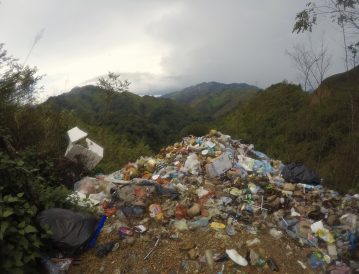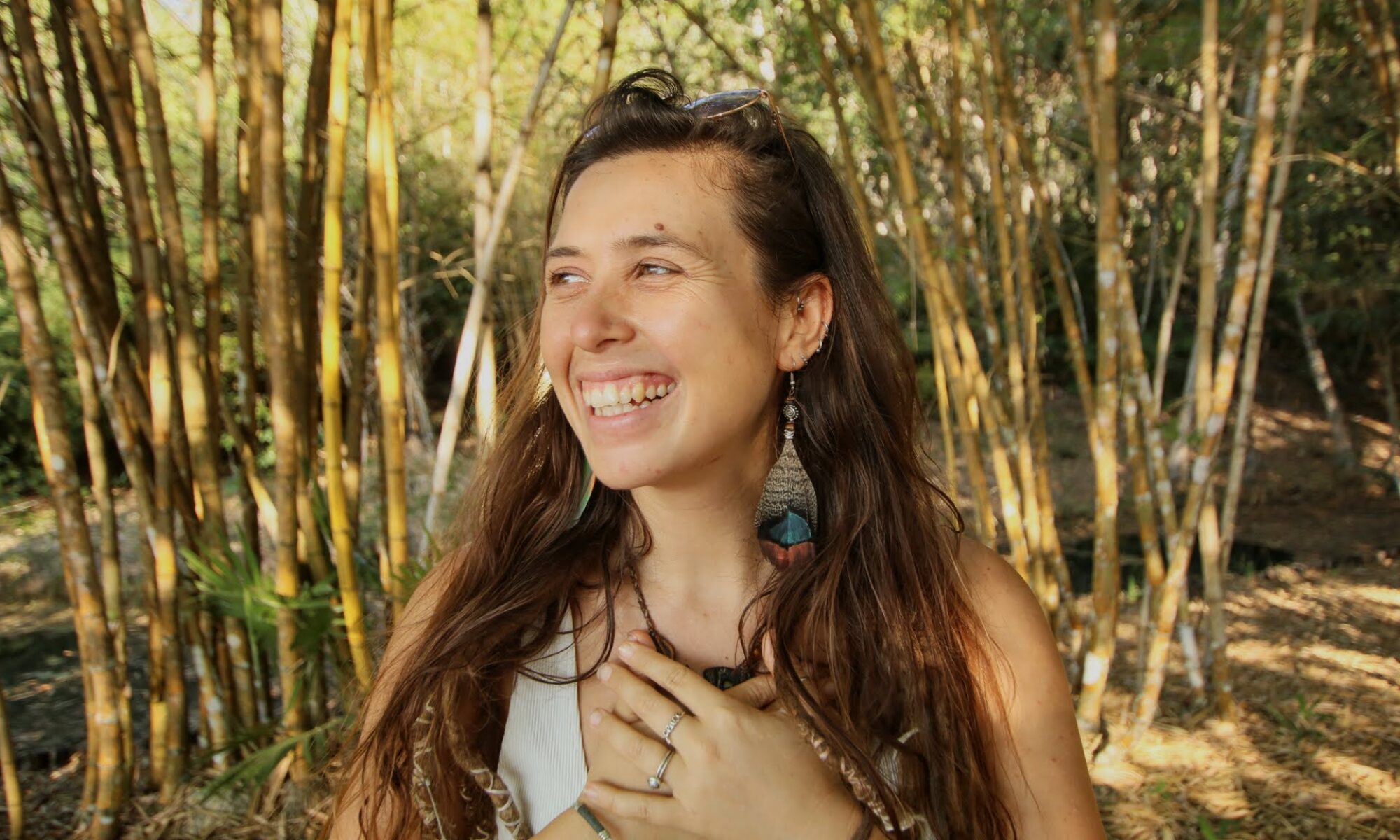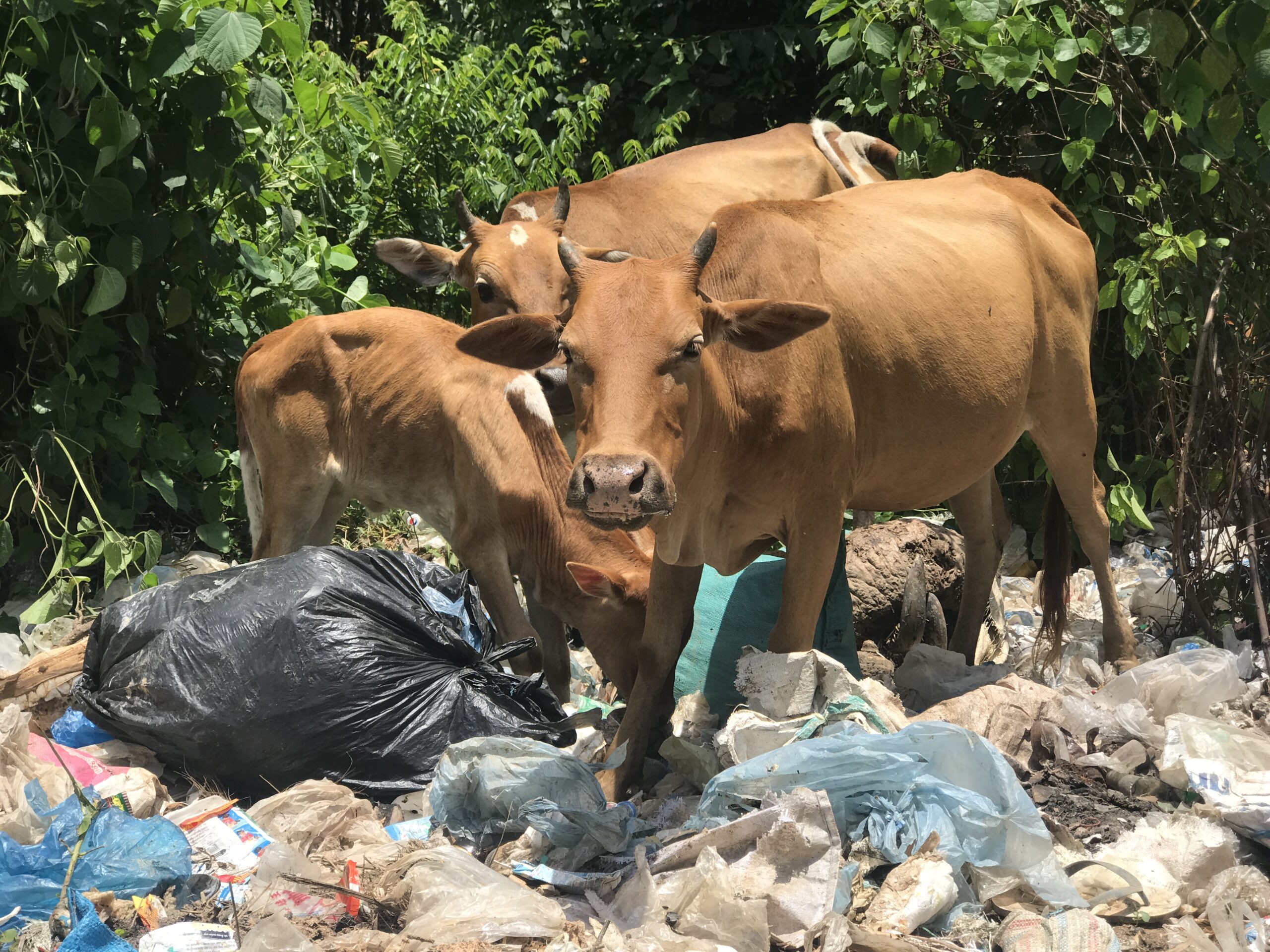Plastic pollution and global warming are serious international problems that affect us all and it is imperative that we start to prioritise protecting our environment over our own convenience.
Having spent so much time in Asia, where, according to National Geographic, 50% of all plastic is made, I have seen the heartbreaking effects first hand (demonstrated in the photo above) and it compelled me to make some drastic changes.
Over time, I have been able to alter my living to being 99% plastic free. I say 99% because being vegan and travelling by bicycle means that sometimes, very occasionally, I have to buy things like rice, nuts or noodles from a market so that I don’t starve in remote places (I know, totally unacceptable!). And sometimes, no matter how thoroughly I explain that I don’t want plastic using English, the local language and through showing my plastic free container/solution, I still end up with plastic!
Don’t get me wrong, it is challenging; I don’t enjoy being the ‘difficult one’ that confuses or even unintentionally upsets the local vendor or shop assistant (because they think they’ve done something wrong) but I have to be because even though that sole interaction won’t change their view, when the next five or ten or fifty people also make the same firm requests and show they’re unhappy to be served a plastic bag or a plastic straw then maybe they will start to rethink what they’re serving their customers and WHY. This domino effect will eventually reach the global conglomerates that really have the ability to alter the market and make a wider difference.

Here are some shocking facts for you:
❗️Every single day 8 million pieces of plastic find their way into our oceans.
❗️100,000 marine mammals and turtles and 1 million sea birds are killed by marine plastic pollution annually.
❗️Did you know that it takes 2,400 gallons of water to produce 1 pound (0.45kg) of meat?! By abstaining from eating just 1 pound of meat, you’d save more water than if you didn’t shower for six months.
❗️You eat thousands of bits of plastic every year – it is estimated that we may be consuming between 39,000 and 52,000 microplastic particles per year by consuming products such as seafood, sugars, salt and beer. It’s even in our water. You can read this in more detail here.
❗️There is more micro plastic in the ocean than there are stars in the Milky Way.
(I have also listed some additional shocking statistics at the bottom of this article for those that would like to read more.)
It can be challenging to make the switch over to a plastic free lifestyle but the reality is that once you get going, it’s actually pretty simple. By committing to doing this, you will contribute to changing the patterns of consumerism which can pressurise the ‘big fish’ to make significant changes too.
Read my guide about how to embrace zero waste living whilst travelling including details of my plastic free kit and best environmental travel tips for information and inspiration on adopting an eco-friendly lifestyle.
Otherwise, thank you for reading. Please do help to share and spread the word as far and wide as possible.
The time to act is now.
Be sure to check out one of the amazing charities that I’m cycling and fundraising for, Friends of the Earth, for extra help, advice and news on how we can come together to save this planet.
Peace✌🏼
More shocking stats:
❗️Less than one fifth of all plastic waste is recycled globally.
❗️Microplastics have now been found embedded in Artic Ice.
❗️About 8% of the world’s oil production is used to make plastic and power the manufacturing of it. That figure is projected to rise to 20% by 2050.
❗️Every six seconds, an acre of rainforest is cut down for cattle farming – that’s around 14,400 acres every single day. If you haven’t already heard the heartbreaking news that’s going on right now in the Amazon (the rainforest that produces 20% of Earth’s oxygen), mass areas are being cleared and burned intentionally for animal agriculture. You can read about it here.
❗️Plastic pollution can now be found on every single beach in the world, inhabited or not.
REFERENCES:
https://www.nationalgeographic.com/news/2018/05/plastics-facts-infographics-ocean-pollution/
https://www.sas.org.uk/our-work/plastic-pollution/plastic-pollution-facts-figures/


